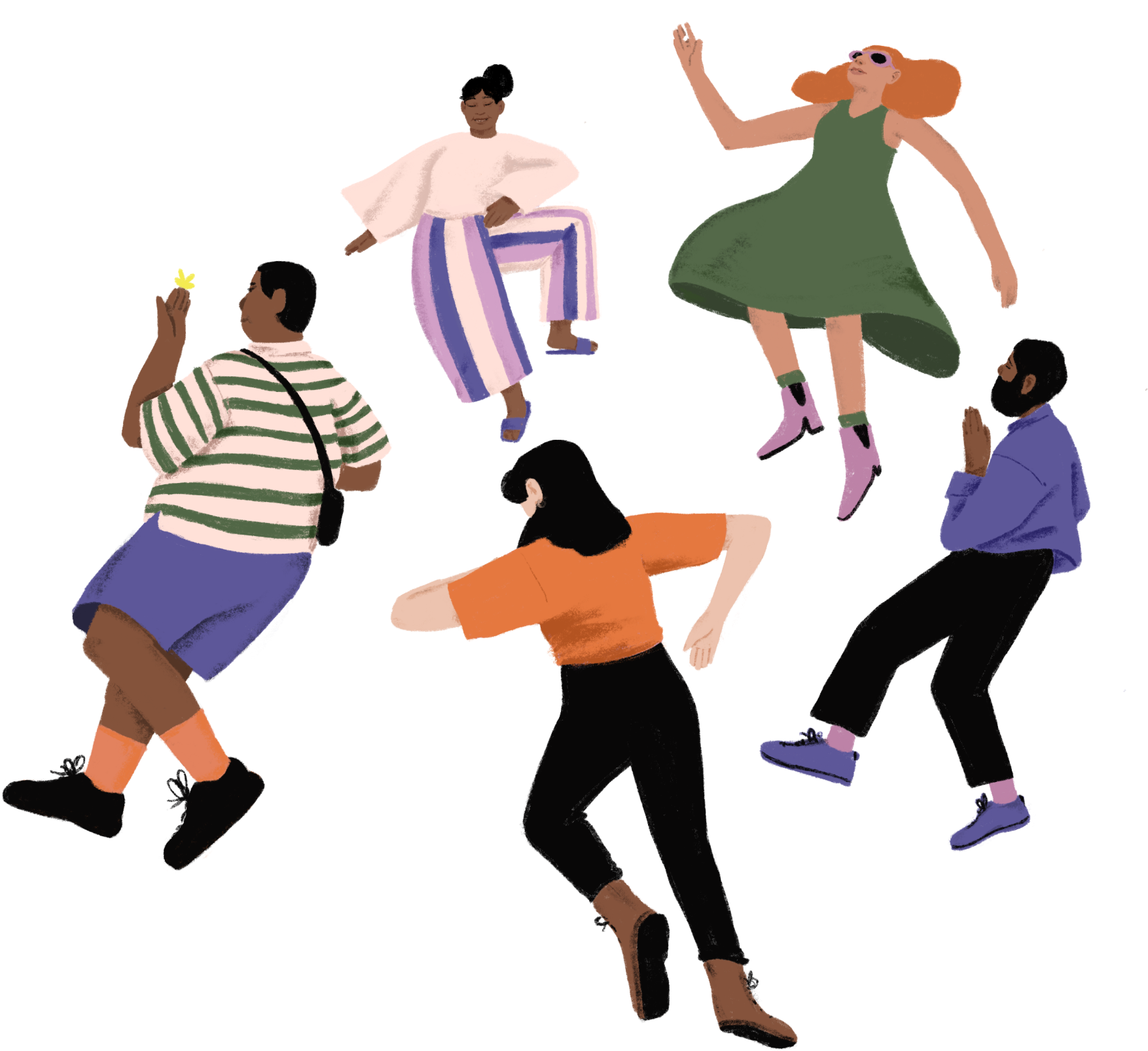A Position Paper from the Women and Harm Reduction International Network and the International Network of Women who Use Drugs.
“Women who use drugs are reported to experience disproportionate levels of stigma and discrimination, often compounded during pregnancy, and also as mothers” (p.3) .
In some countries, such as Russia and Ukraine, pregnant women who use illicit drugs have been coerced by health providers to either terminate their pregnancies or relinquish their children to the State, and are denied information about, and access to, appropriate interventions. In Norway, a unique law gives social workers the right to incarcerate pregnant women who use drugs to protect the health of the foetus. ,
In other countries, pregnant illicit drug users face criminal sanctions if they continue to use prohibited drugs. For example, in the United States of America, cocaine users have been convicted on a number of charges including foetal abuse, delivering drugs to a minor, and even murder. This is despite evidence showing that heroin and cocaine use are less harmful to the foetus than alcohol use during pregnancy. ,
Contrary to current research in this area, misinformation, stigma and discrimination contribute to the promotion of ideas that any type of drug use during pregnancy will result in harm to the foetus. Criminalisation, stigma and discrimination associated with illicit drug use during pregnancy also results in many women keeping their pregnancy concealed and prevents them from accessing a range of services, such as antenatal care, harm reduction services including voluntary drug treatment programs, and interventions to prevent vertical transmission of HIV. International guidelines oppose forced withdrawal, while significant evidence shows that treatments, such as methadone or buprenorphine, are safe for use during pregnancy and are recommended. , Such antenatal care and drug-specific support protects both the woman and the foetus from potential harms caused by an unregulated drug market, drug withdrawal and poor nutrition. However, some nations make no provision for opioid substitution
